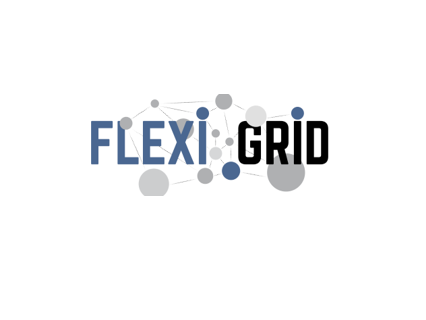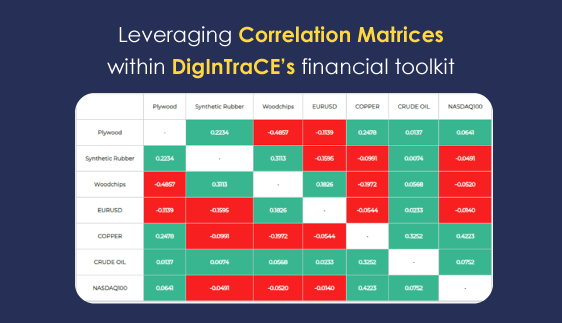HYPERTECH Energy Labs have been awarded a new R&D contract from the European Commission (Project Acronym: FLEXIGRID). The main goal of FLEXIGRID is to allow the distribution grid to operate in a secure and stable manner when a large share of variable generation electricity sources is connected to low and medium voltage grids. To do so, FLEXIGRID proposes a three-level approach aiming at Flexibility, Reliability, and Economic Efficiency through the development of innovative hardware and software solutions. These solutions will be demonstrated in four Demo-Sites across Europe ensuring their interoperability through its integration into an open source platform able to harmonize the data flow between FLEXIGRID solutions and the real grid.
Hypertech Energy Labs constitute a leading member of an international consortium of renowned academic and industrial partners, led by CIRCE (Spain) and actively involving Viesgo, Atos, Ormazabal, Unican and ZIV (Spain), ELIN and Ioannis Sarantis Touristic Hotel (Greece), HEP-ODS and University of Zagreb (Croatia), EDYNA, The LINKS Foundation and SELTA (Italy), Capenergies (France) and CEDEC (Belgium).
FLEXIGRID is a project co-funded by the European Commission under the H2020 Programme/ Topic LCE-01: LC-SC3-ES-1-2019 - Flexibility and retail market options for the distribution grid. The project has officially been launched on October 1st 2019, its duration is 48 months and it has a total budget of €6.8M.
The expected increasing share of variable RES is challenging the electric grid in terms of reliability, stability and security of supply. Indeed, the European renewable target for 2030 (32% of total energy consumed) means that more than 50% of electricity will be generated from RES, most of which will be connected to the MV and LV grids. As an answer to these present and incoming challenges, FLEXIGRID project proposes to improve the distribution grid operation making it more flexible, reliable and cost-efficient, through the development of 4 HW and 4 SW solutions. Furthermore, a single open source platform will integrate the different solutions making them interoperable with the IT systems used by the energy stakeholders, increasing its replication potential.
With the aim of increasing the project’s replication potential, 8 use cases have been identified to address EU most common distribution grid problems. These use cases are represented by 4 complementary demo-sites ready to upgrade FLEXIGRID solutions towards TRL8: a rural and peri-urban network in Spain with a RES share of 39%; a resort in the Greek Island of Thasos able to integrate 10% of RES; an urban grid in the city of Zagreb with congested areas, and an isolated valley in the South-Tyrol region of Italy with more than 50% of hydroelectric energy.
To reach the project objectives, the consortium counts with partners representing all the energy system value-chain. In this sense, 2 RTOs and 2 Universities will work together with 5 technology providers to develop the project solutions and deploy them in the four demo-sites, represented by 3 DSOs and 2 large companies. Finally, 2 associations will ensure the exploitation and dissemination of the project results along the EU energy community.
Finally, FLEXIGRID will support the ‘Clean Energy for All’ Europeans package while actively cooperating with BRIDGE initiative thanks to the presence of the consortium in 10 of its projects






